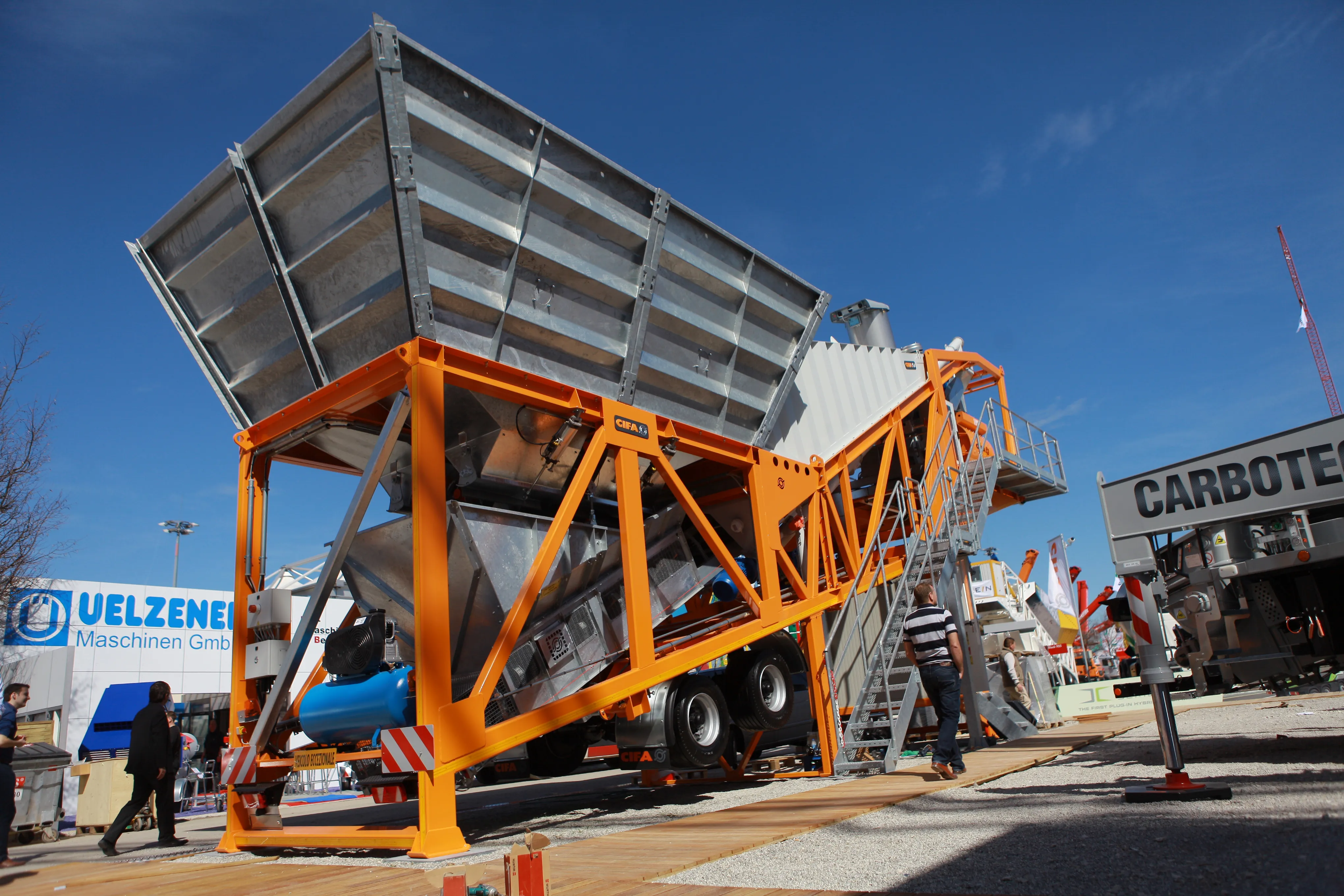Following on the successful launch last year of TRL Traffic Signals Tour across the UK, TRL Software has announced its Second TRL Traffic Signals Tour 2013. From the 1-16 October 2013, TRL Software will be holding six events in key locations across Britain. The tour will be calling at London, Cardiff, Leicester, Leeds and Glasgow as well as at its Crowthorne headquarters in Berkshire. Feedback from last year’s events was highly positive, providing access to some of TRL’s latest research, the latest product
August 7, 2013
Read time: 2 mins
Following on the successful launch last year of 777 TRL Traffic Signals Tour across the UK, TRL Software has announced its Second TRL Traffic Signals Tour 2013. From the 1-16 October 2013, TRL Software will be holding six events in key locations across Britain.
The tour will be calling at London, Cardiff, Leicester, Leeds and Glasgow as well as at its Crowthorne headquarters in Berkshire.
Feedback from last year’s events was highly positive, providing access to some of TRL’s latest research, the latest product developments and releases, and providing a platform to access key staff involved in SCOOT, MOVA, TRANSYT, TRL’s signals research projects and more.
This year plans to be even bigger and better, with new locations and facilities chosen, new research projects to share, and invited industry experts to present their work, thoughts and news.
TRL will also be reporting on some of its latest work, including a ground breaking new project that aims to Integrate Traffic Control and Air Quality.
Anyone who would like to be part of the TRL Signals Tour 2013 can contact TRL Software on +44 (0) 1344 770 558 or email at %$Linker:2 Email <?xml version="1.0" encoding="utf-16"?><dictionary /> 0 0 0 oLinkEmail [email protected] [email protected] false mailto:[email protected] true false %>
Places are strictly limited so it will be on a first come first serve basis. Registration will open late August.
The tour will be calling at London, Cardiff, Leicester, Leeds and Glasgow as well as at its Crowthorne headquarters in Berkshire.
Feedback from last year’s events was highly positive, providing access to some of TRL’s latest research, the latest product developments and releases, and providing a platform to access key staff involved in SCOOT, MOVA, TRANSYT, TRL’s signals research projects and more.
This year plans to be even bigger and better, with new locations and facilities chosen, new research projects to share, and invited industry experts to present their work, thoughts and news.
TRL will also be reporting on some of its latest work, including a ground breaking new project that aims to Integrate Traffic Control and Air Quality.
Anyone who would like to be part of the TRL Signals Tour 2013 can contact TRL Software on +44 (0) 1344 770 558 or email at %$Linker:
Places are strictly limited so it will be on a first come first serve basis. Registration will open late August.







